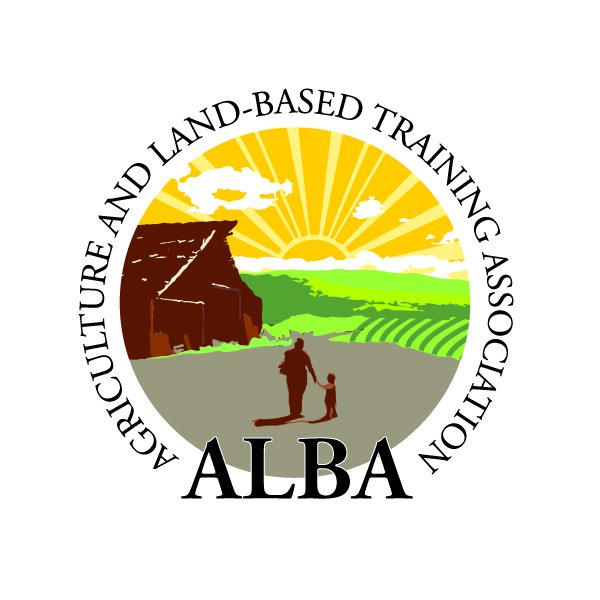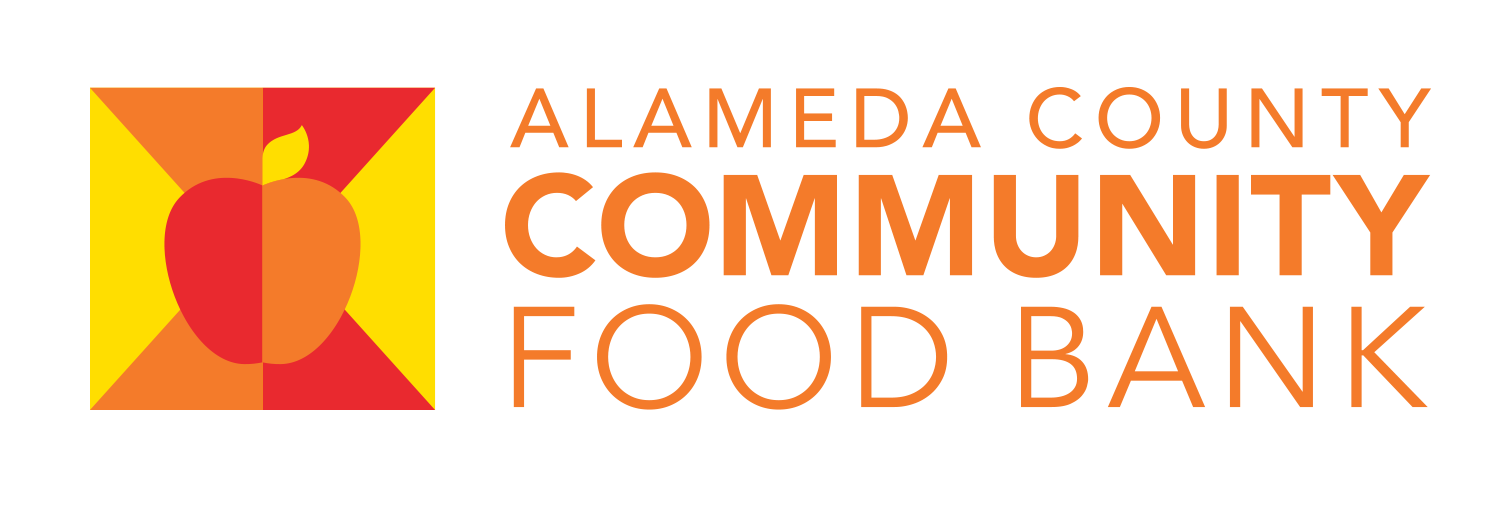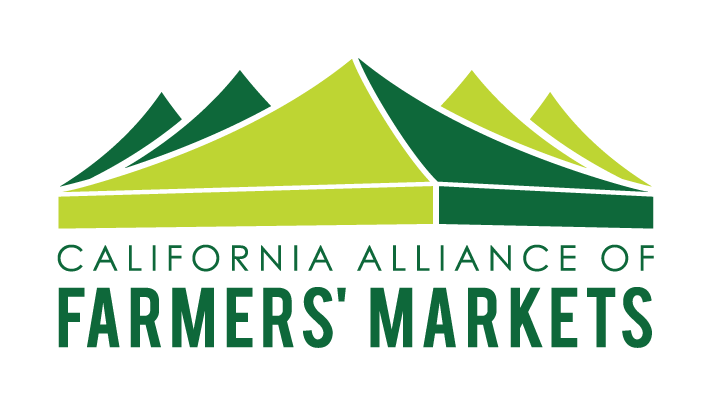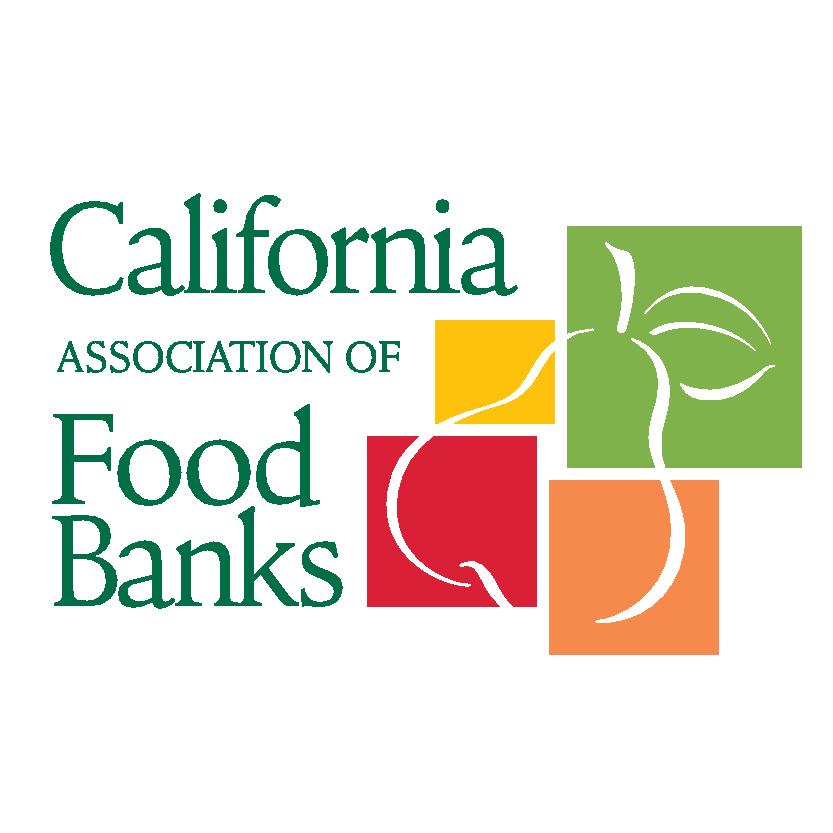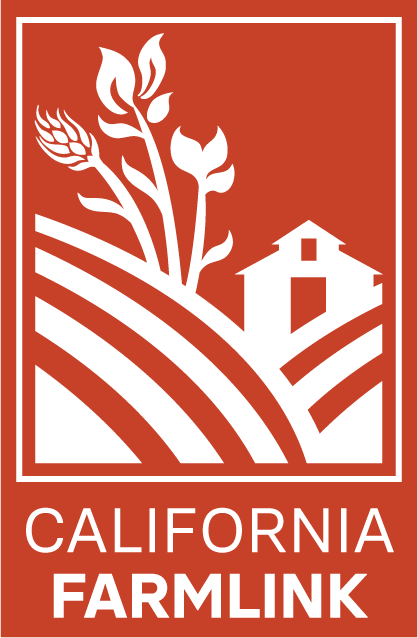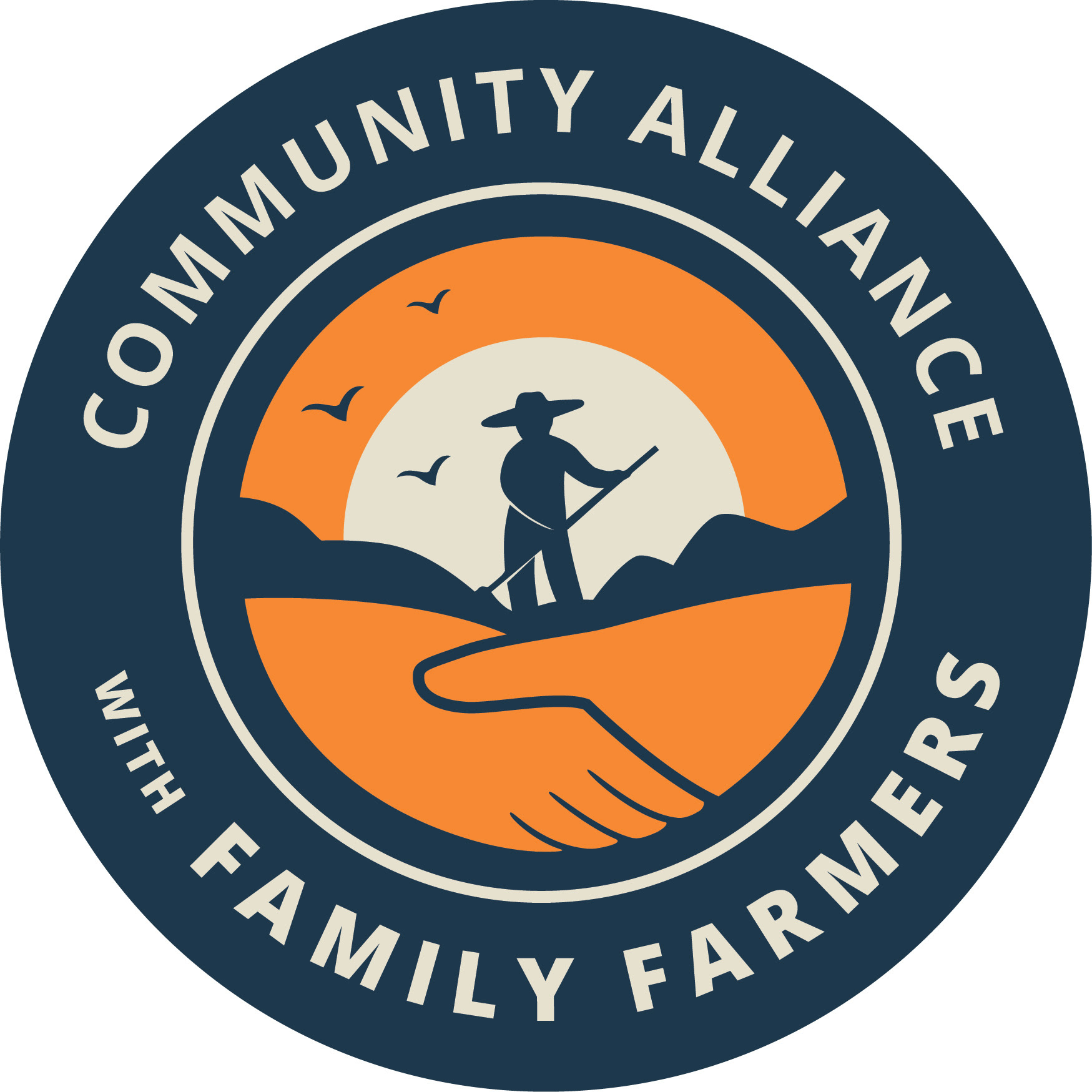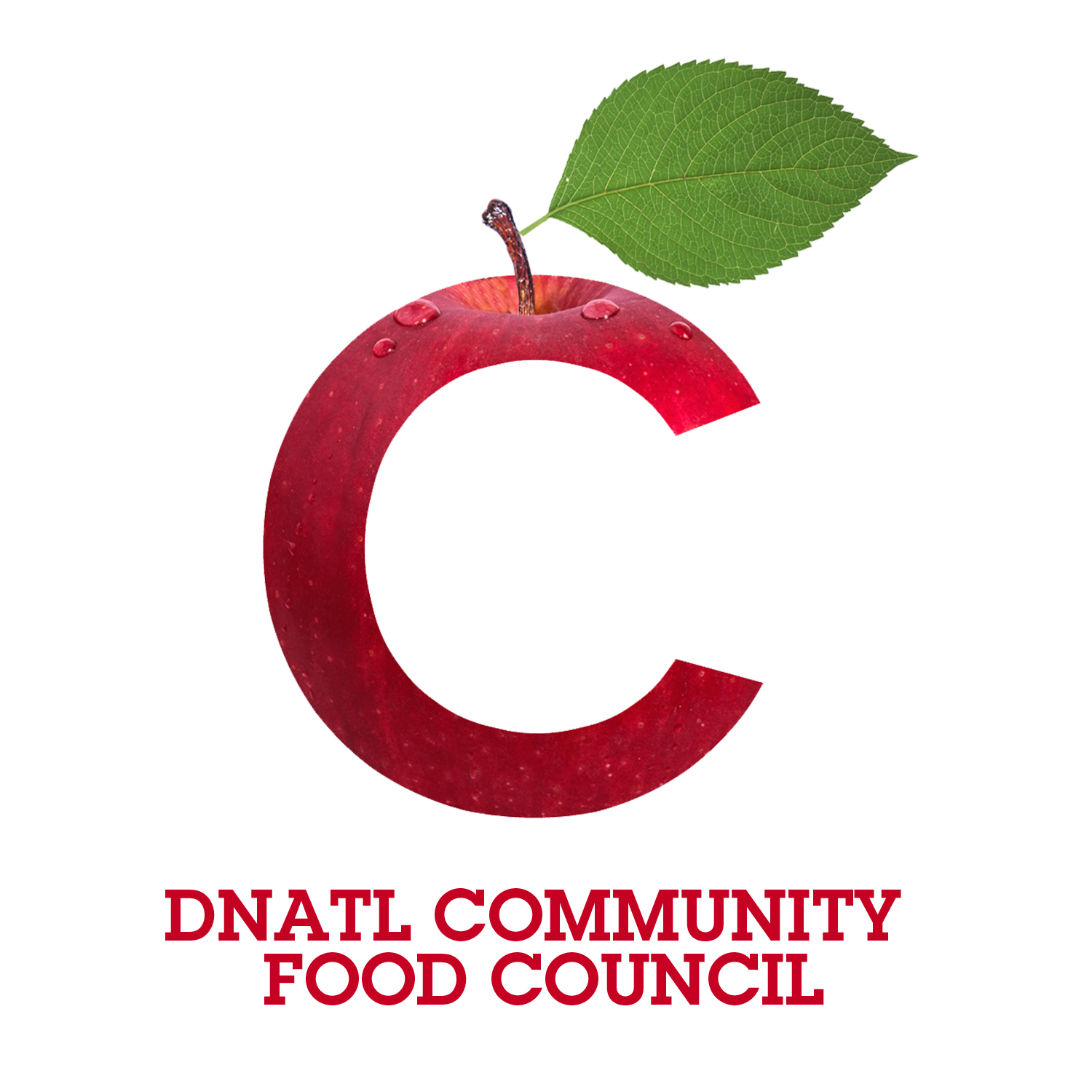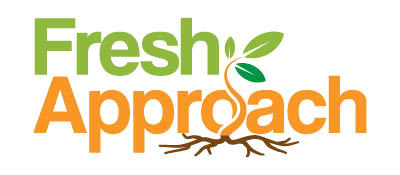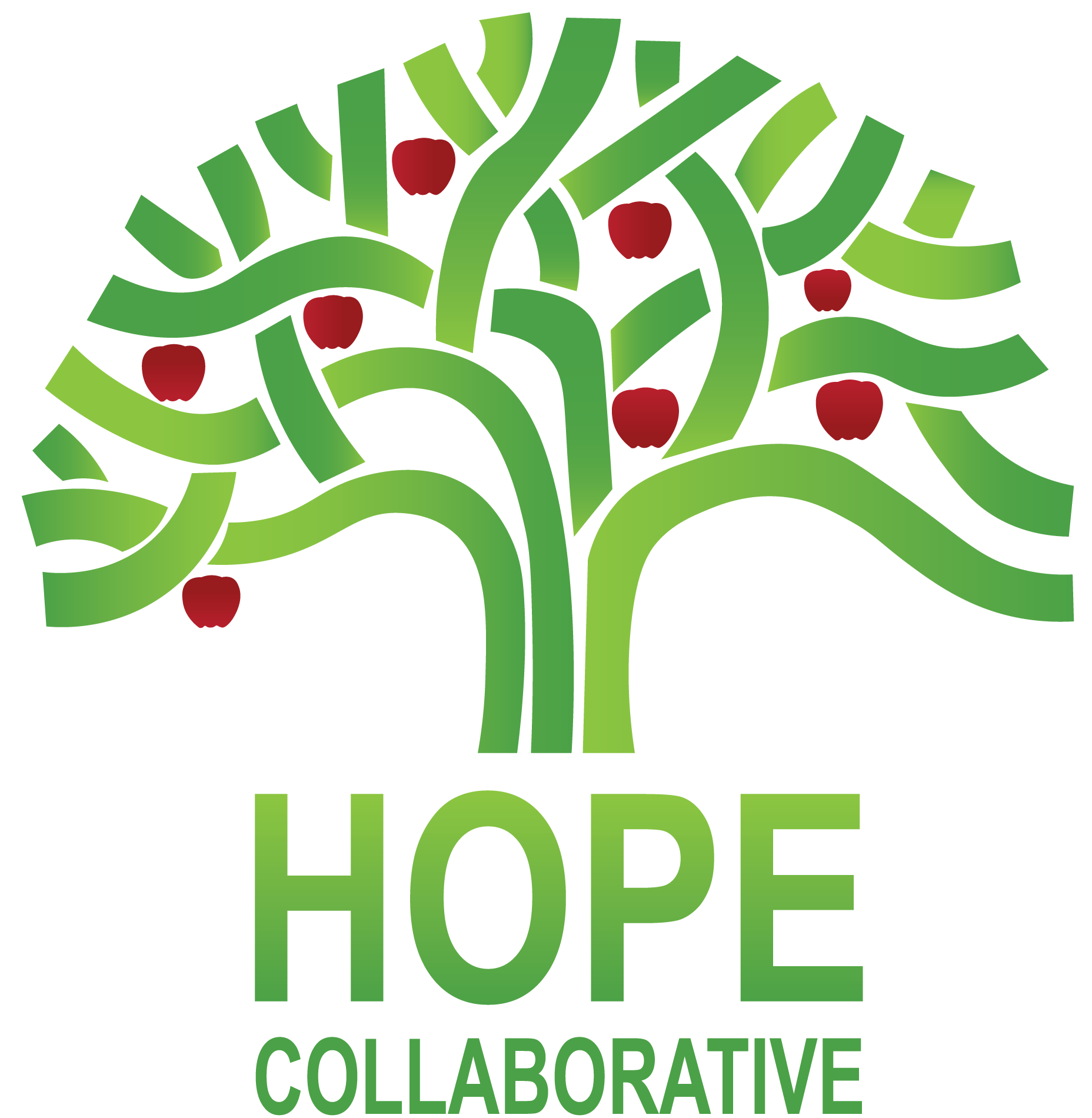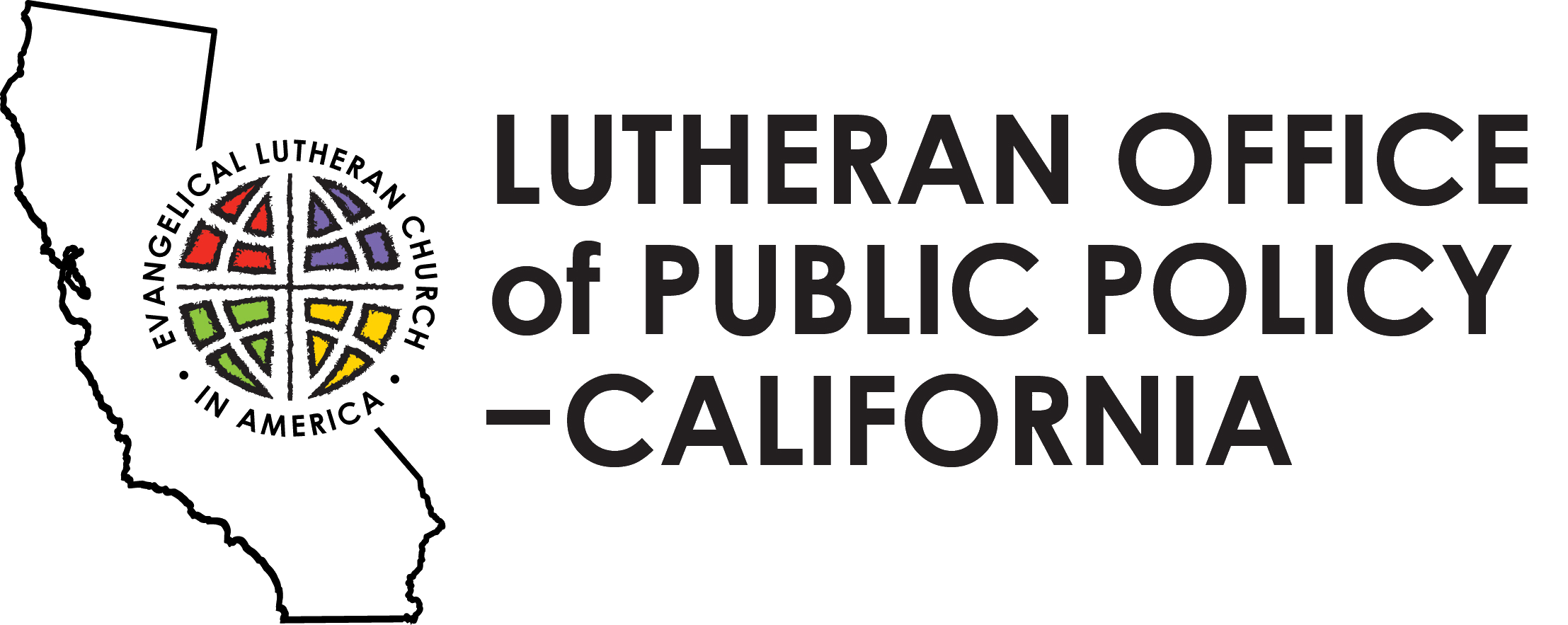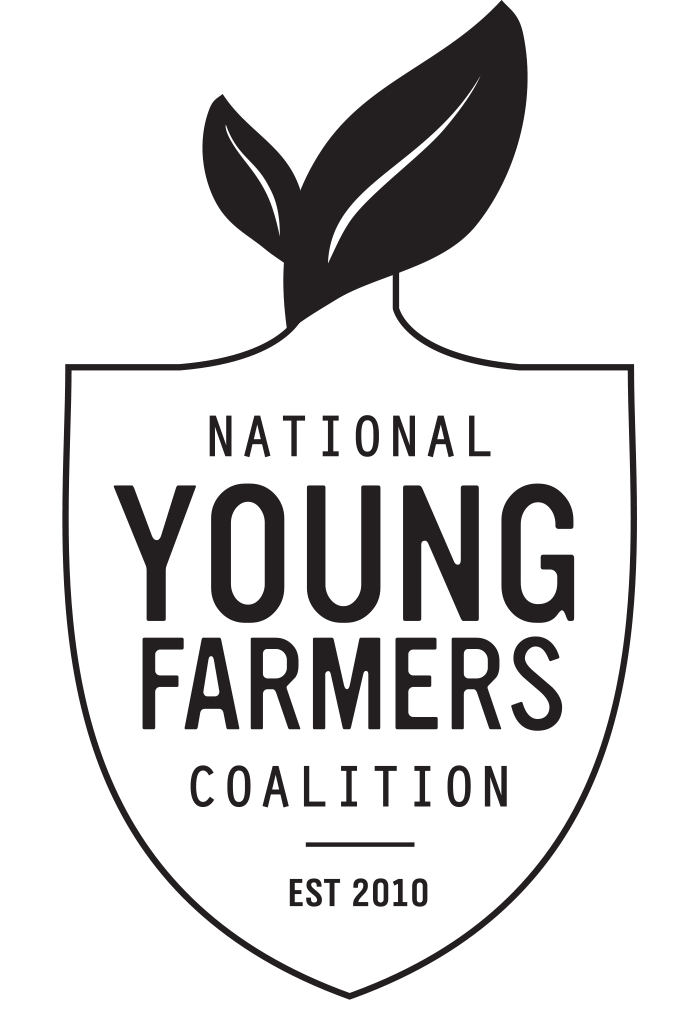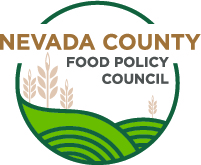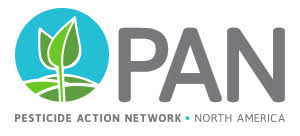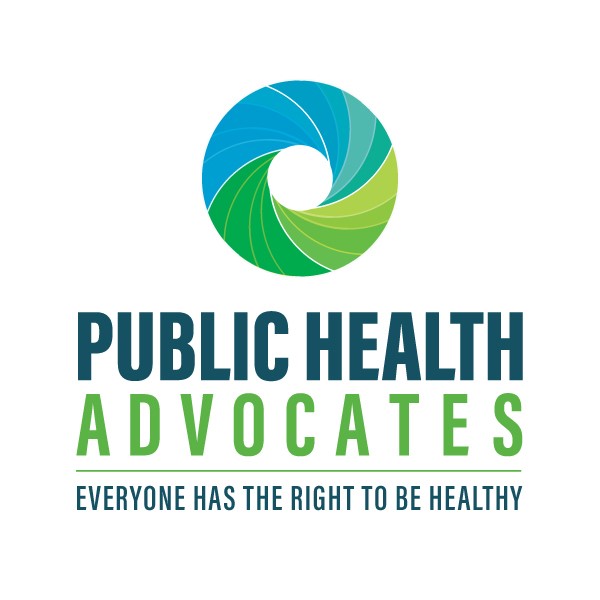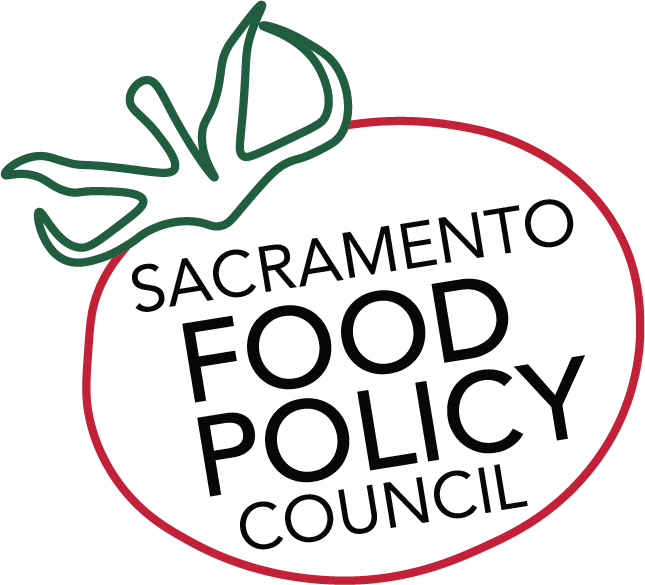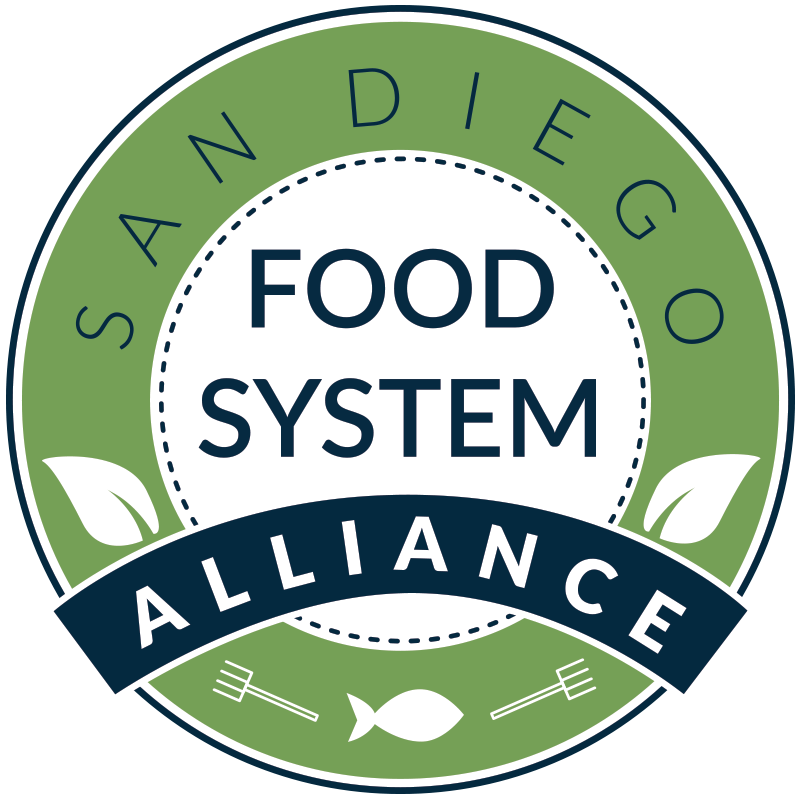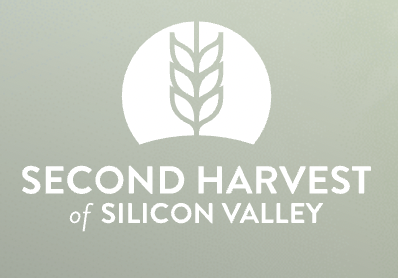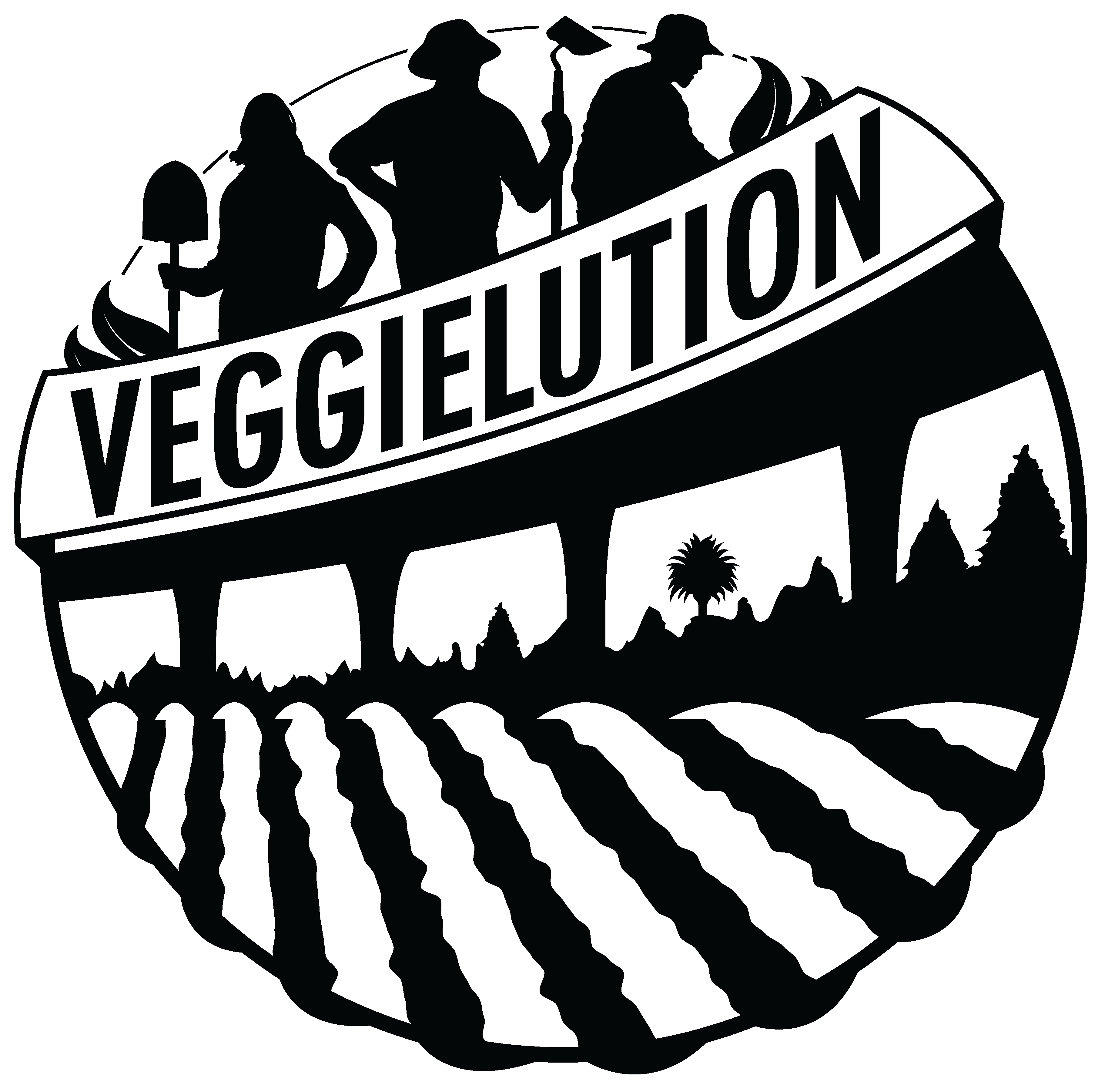By Kenzo Esquivel, CFFN Policy Fellow
Every year, CFFN members, representing the diversity of food & farming issues facing the state from hunger and nutrition to farmer livelihood and food chain worker protections, collectively identify policies important for the state’s food and farming system. This year, our grassroots leader’s Steering Council chose ten pieces of priority legislation that align with the Network’s core-values for the whole Network to focus more deeply on.
At the midpoint in this year’s legislative session 8 of these 10 Food and Farming Priorities, many of them sponsored by CFFN members, are still alive and now in their second houses. The State Legislature also passed the 2023 Budget Act yesterday, which now heads to the Governor’s office for his signature, and includes some of our top priorities in it.
Healthy Food Access
The legislature is continuing to move forward tackling healthy food access across diverse demographics with several different tools, including access to summer meals and two healthy meals per day for all school-aged children (SB 348- Skinner), and raising the minimum CalFresh benefit from $23 to $50 (SB 600- Menjivar).
Assuming the Governor signs the Legislature’s 2023 budget bill, we’ll see funding to start a new Summer EBT program for children who qualify for free or reduced-price school meals beginning summer 2024, as well as pilot funding to increase minimum CalFresh benefits from $23 to $50. Despite, alongside the Food4All Coalition, asking the Legislature and Governor to ensure that Californians of all ages have access to food assistance benefits regardless of their immigration status (SB 245- Hurtado/ AB 311- Santiago), the budget remains at funding only those 55 years old and older and these two bills will not being moving forward.
Unfortunately, another tool to combat hunger and health, AB 1644 (Bonta) – Medically Supportive Food and Nutrition, died in the Assembly Appropriation Committee. This bill would have transitioned medically supportive food and nutrition interventions from pilot services in CalAIM to permanent, covered Medi-Cal benefits.
Agroecological Farming
As the nation’s largest producer of specialty crops, the way California farms has a significant impact on local ecosystems, the health of our soils, and the health of our communities. This year the legislature is carrying two unique bills that would advance agroecology and support farming communities and ecosystems.
AB 652 (Lee) will establish an environmental justice advisory committee at the Department of Pesticide Regulation, increasing transparency and accountability to communities at the frontlines of agricultural pesticide exposure, including farmworkers and their families, small and BIPOC farmers and Indigenous communities.
These similar communities also bear the brunt of the increasing challenge that wildfires pose in California. Native land stewards have used cultural burning as a method to maintain healthy ecosystems, but decades of suppression, along with climate change, have created more severe wildfires. SB 675 (Limón) would institutionalize support for prescribed grazing as a nature-based wildfire solution, and put California on a path to mitigate extreme wildfires.
Farmworker and Food Chain Worker Advancement
Centering the voices and needs of farmworkers and food chain workers is at the core of addressing racial inequity in our food system. The legislature is addressing these needs with bills to challenge corporate consolidation and power in shaping our food system (AB 853- Maienschein) and expanding unemployment benefits to excluded workers, regardless of immigration status (SB 227- Durazo).
AB 853 would require grocery and drug-retail companies to submit an economic analysis on the impacts any proposed mergers or acquisitions would have on communities. This includes food access and prices, employment of grocery workers, and wages and benefits. This bill gives us a new tool, an upstream solution, creating transparency about hidden impacts on hidden communities.
Despite the broad-based support–both in and out of the legislature–SB 227 (Durazo), which would have expanded access to unemployment benefits to undocumented workers, was not funded in the Legislature’s 2023-2024 budget. Despite this disappointing news, their budget did include money for a working group to issue a report and make recommendations for how to implement the Excluded Workers Program. In the meantime, the bill continues to move through the Assembly as the Safety Net for All Coalition builds power and support, including that of CFFN sustainable agriculture organizations, showing that farmers can stand in solidarity with farmworkers to advance a better food system.
Additional CA Farmworker Advocacy Working Group Legislative Priorities can be found here.
*Update 6/27/23: We were disappointed to hear that the final budget agreement between the Governor and Legislature reached June 26th did not include the working group. However, we’ll continue to support the Safety Net for All Coalitions advocacy to see this proposal funded before the end of the legislative session.
Regional Food Ecosystems
Creating robust regional food ecosystems is a cornerstone for advancing a thriving, equitable food system that centers communities. A large need for strong regional food ecosystems is appropriate infrastructure, which is being advanced both through AB 552 (Bennett) to establish a program for farmer equipment sharing, making it easier for small-scale and resource limited farmers to implement agroecological practices, as well as, for a second time, advancing a multi-billion dollar bond measure that will invest in programs and infrastructure to strengthen our food and farming system (AB 408- Wilson).
In the coming three months, we hope to see our representatives in the second house and the Governor continue to move these critical bills forward in order to progress toward a California that addresses the systemic barriers to a just and equitable food system.

